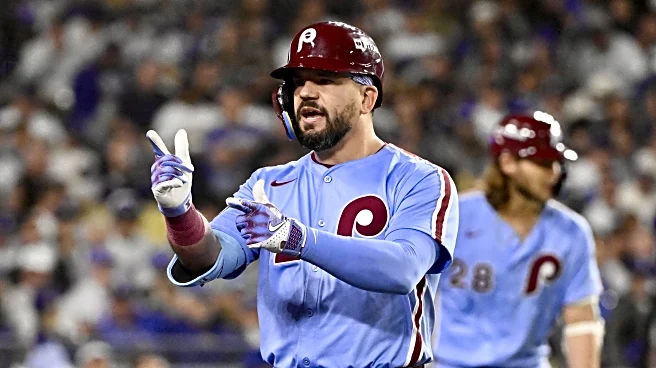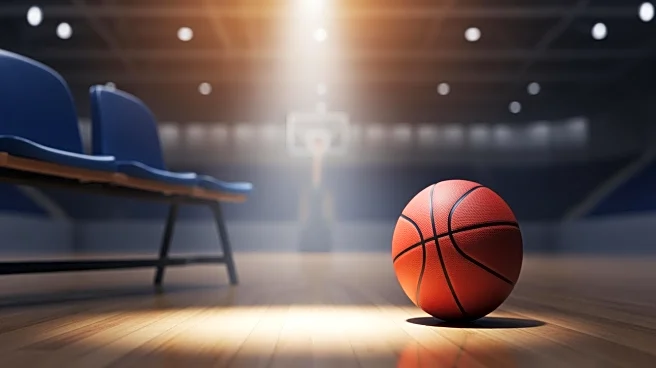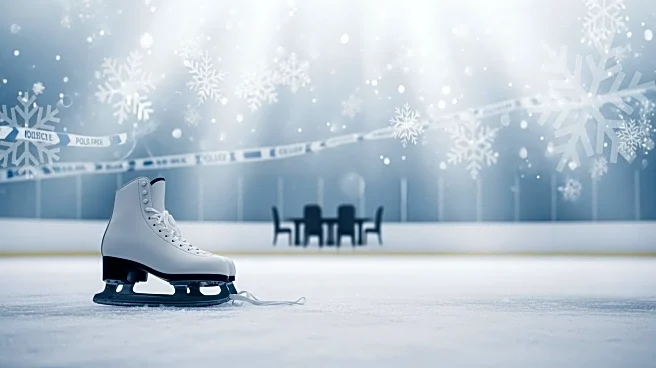Let me preface this article by saying the chances of the Cubs actually signing Kyle Schwarber as a free agent are pretty close to zero.
He’s become a folk hero in Philadelphia and had four monstrous offensive
seasons from 2022-25, hitting 46 or more home runs in three of the four years, and his 56 home runs in 2025 were second-most in a season in Phillies history (Ryan Howard, 58 in 2006).
So the Phillies, who have not hesitated to spend what Phillies owner John Middleton once called “stupid money,” will almost certainly pay Schwarber whatever he’s asking to keep him there, likely for the rest of his career.
The Cubs should match or beat that offer, whatever it is. The Athletic says five years, $145 million. MLBTR says five years, $135 million. Neither of those figures is unreasonable in the current market.
As we have previously discussed here, Kyle Tucker is likely departing the Cubs for another team. The Cubs could move Seiya Suzuki back to right field full time and sign Schwarber to be their full-time DH. Suzuki’s deal, as you know, ends after 2026 and perhaps Owen Caissie could work his way in to become the team’s right fielder going forward.
But again, Schwarber is likely staying in Philly.
I don’t usually do this because what’s done is done, but I think it’s necessary to point out what a colossal mistake Jed Hoyer made when he non-tendered Schwarber before the 2021 season. If you recall, at the time Schwarber was projected to get somewhere between $8 million and $10 million in arbitration. Instead, Hoyer signed Joc Pederson for what wound up as $7 million ($4.5 million and a $2.5 million buyout of a 2022 mutual option). Pederson wound up traded for Bryce Ball, who never made the major leagues.
If Schwarber had stayed with the Cubs, maybe they have a better year in 2021. Or, more likely, he gets traded for someone better than Bryce Ball. It is true that Schwarber credits then-Nationals hitting coach Kevin Long for helping him adjust his stance when Kyle signed with the Nats and that’s what made him the hitter he is now. Would that have happened with the Cubs? Perhaps not.
But letting Schwarber go for nothing, to save what in current baseball terms is next to nothing, was a major misstep by Hoyer.
Perhaps they can make up for that, in a way, by bringing Schwarber back.










